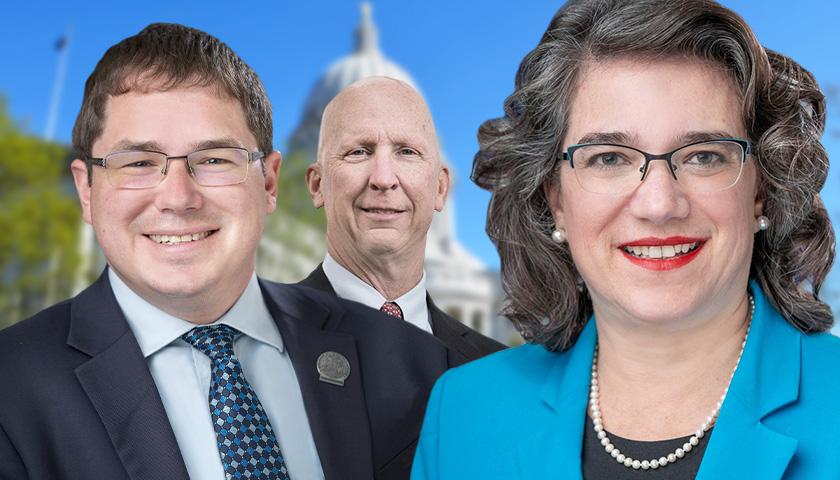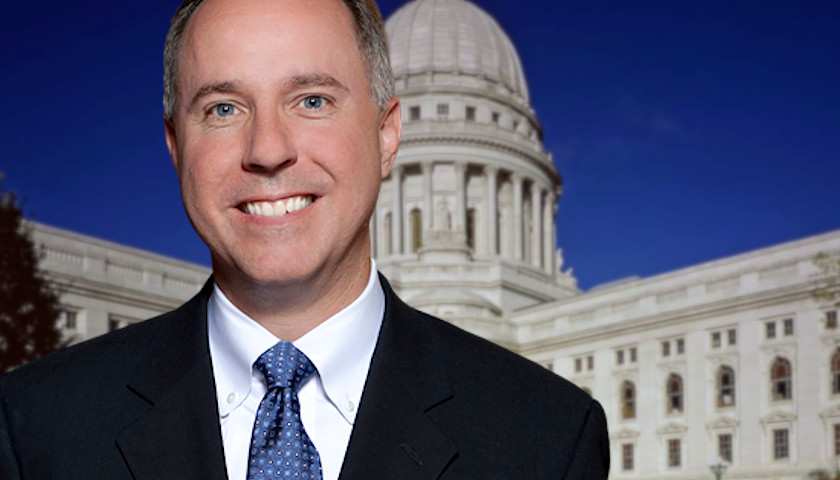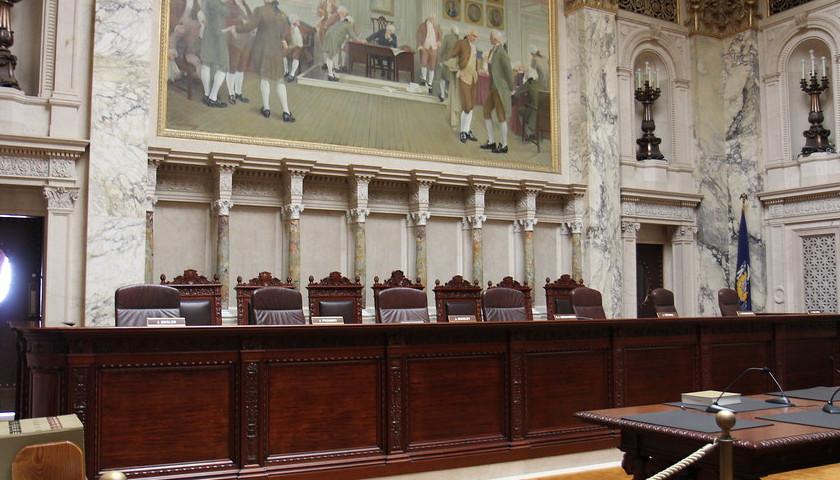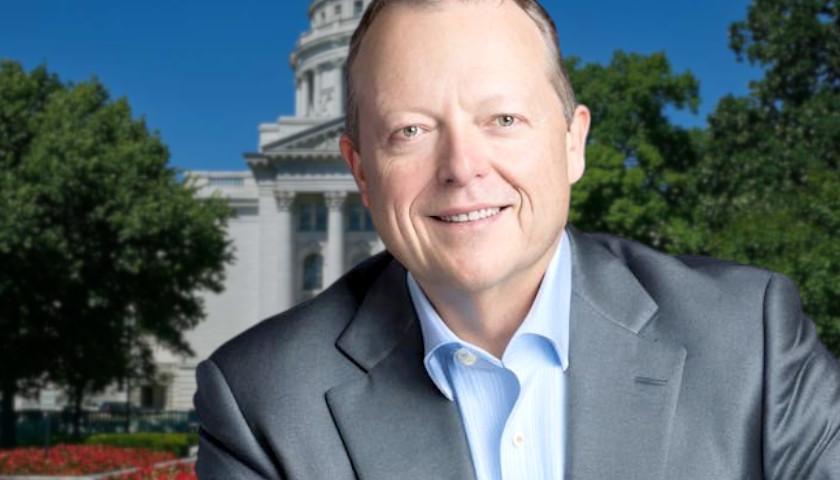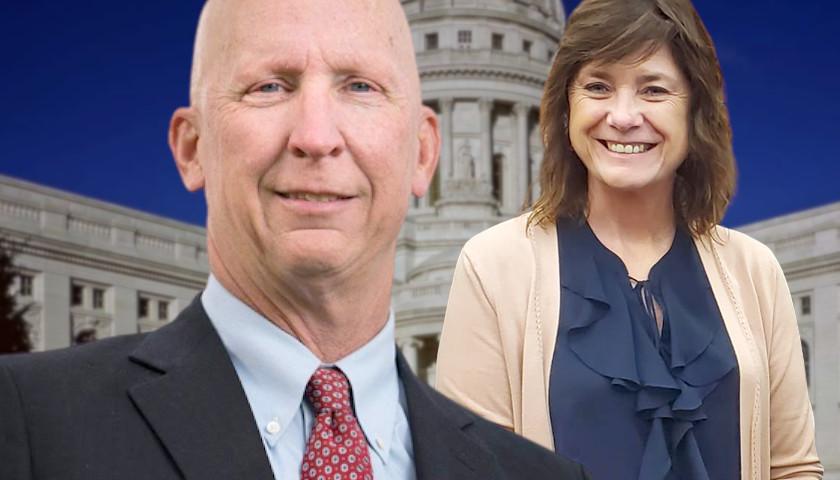by Benjamin Yount
Wisconsin’s ban on conversion therapy will remain on hold for the next few years at least.
The Wisconsin Senate on Wednesday moved the legislation that would end the ban, SB 4, back to a statehouse committee.
That move will allow lawmakers to hold off on voting to overturn the ban. Because once lawmakers vote, the governor can simply override them, and the ban on conversion therapy could take effect. The delay keeps the ban on hold until the current legislature ends in 2024.
Democrats at the Wisconsin Capitol criticized the move.
“Republicans can hide behind procedures all day long. We know they hold these tools in their toolbox,” Senate Minority Leader Melissa Agard, D-Madison, said Wednesday. “But we are here to let you know, and to be very clear, that they are reinstating conversion therapy in the state of Wisconsin with their actions.”
Conversion therapy is the broad name given when doctors and therapists talk to people about their sexuality and gender identity, sometimes with the goal of getting those people to adopt heteronormative behavior.
Wisconsin’s Senate Democrats say conversion therapy is harmful to LGBTQ youth, and should not be allowed in the state.
“LGBTQ+ youth are already vulnerable and in need of support,” Sen, Mark Spreitzer, D-Beloit, said. “They need to know that if they seek out a licensed therapist, that person must abide by professional standards that do not allow conversion therapy.”
Wisconsin’s Marriage and Family Therapy, Professional Counseling, and Social Work Examining Board approved a ban on conversion therapy in December. But the legislature’s rules committee quickly moved to black that rule.
Sen. Duey Stroebel, R-Cedarburg, said the state’s licensing board is trying to dictate religion, and handcuff some therapists in the state.
“Earlier this year, JCRAR blocked the efforts of an activist licensing board to make social policy for the second time. Issues of sex, sexual preference and gender identity generate a wide divergence of strongly held beliefs. The proposed rule would have gagged professionals from discussing some view points, but not others, with consenting adults and children under the direction of their parents,” Stroebel explained. “If the State were going to consider such a prohibition on discussing or advocating certain theories, the law requires it must be done through the elected branches of government and not some unaccountable members of an activist licensing board.”
– – –
Benjamin Yount is a contributor to The Center Square.
Photo “Melissa Agard” by Melissa Agard. Photo “Mark Spreitzer” by Mark Spreitzer for State Senate. Photo “Duey Stroebel” by Senator Duey Stroebel. Background Photo “Wisconsin Capitol” by Vijay Kumar Koulampet. CC BY-SA 3.0.

